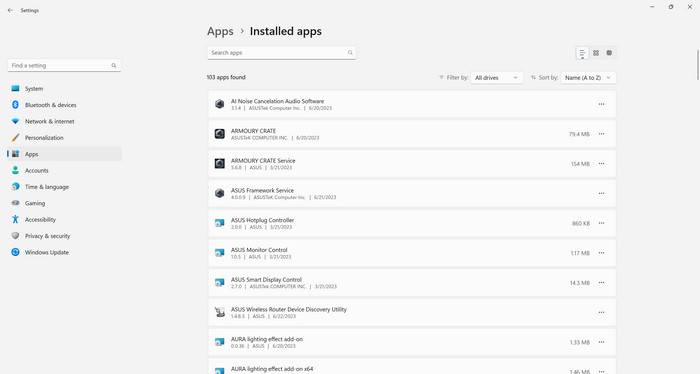When it comes to media players, VLC Media Player by VideoLAN Team is a name that often comes up. With its wide range of features and compatibility with various file formats, VLC has become a popular choice for many users. However, there have been concerns raised about the safety and security of the software. In this article, we will delve into what VLC Media Player is, its features, and whether or not you should consider uninstalling it.

What is VLC Media Player?
VLC Media Player is a free and open-source multimedia player developed by the VideoLAN project. It is available for various operating systems, including Windows, macOS, Linux, Android, and iOS. VLC is known for its ability to play a wide range of audio and video formats, including MPEG, AVI, MP4, WMV, and more. It also supports streaming protocols, DVD playback, and can even play damaged or incomplete files.
Features of VLC Media Player
VLC Media Player offers a plethora of features that make it a versatile and powerful media player. Some of its notable features include:
- Wide Format Support: VLC can play almost any audio or video format you throw at it, making it a go-to choice for users with diverse media libraries.
- Streaming Capabilities: VLC supports various streaming protocols, allowing you to stream content from the internet or your local network.
- Subtitle Support: The media player offers extensive subtitle support, allowing you to load and customize subtitles for your videos.
- Advanced Playback Controls: VLC provides a range of playback controls, including playback speed adjustment, audio and video synchronization, and frame-by-frame playback.
- Video and Audio Effects: The software offers a range of video and audio effects, such as equalizers, filters, and color adjustments, allowing you to enhance your media playback experience.
Security Concerns
While VLC Media Player is a reputable and widely-used software, there have been occasional security concerns raised by users. It is important to note that no software is completely immune to vulnerabilities, and VLC is no exception. However, the VideoLAN team has been proactive in addressing security issues and releasing updates to patch any vulnerabilities that may arise.
If you are concerned about the security of VLC Media Player, it is recommended to keep the software up to date by regularly installing the latest updates. These updates often include security patches that address any known vulnerabilities. Additionally, it is always a good practice to have a reliable antivirus program installed on your device to scan for any potential threats.
If you suspect that your VLC Media Player installation may be compromised or infected with malware, it is advisable to run a scan with a reputable antivirus software. Malwarebytes Free is a popular choice for malware detection and removal. You can download and run a scan with Malwarebytes Free by following this link.
Should I Uninstall VLC Media Player?
Whether or not you should uninstall VLC Media Player depends on your personal preferences and concerns. If you have been using VLC without any issues and find its features useful, there may be no immediate need to uninstall it. However, if you have specific security concerns or prefer to use alternative media players, you may consider uninstalling VLC and opting for a different software.
It is worth noting that VLC Media Player has a large user base and a dedicated development team that actively works on improving the software and addressing any security concerns. By keeping the software up to date and following best practices for online security, you can minimize the risks associated with using VLC or any other software.
Conclusion
VLC Media Player by VideoLAN Team is a feature-rich and widely-used media player that offers extensive format support, streaming capabilities, and advanced playback controls. While there have been occasional security concerns, the VideoLAN team has been proactive in addressing vulnerabilities and releasing updates. It is recommended to keep VLC up to date and have a reliable antivirus program installed to ensure the security of your system. Ultimately, the decision to uninstall VLC depends on your personal preferences and concerns, but with proper precautions, VLC can be a safe and reliable choice for your media playback needs.


